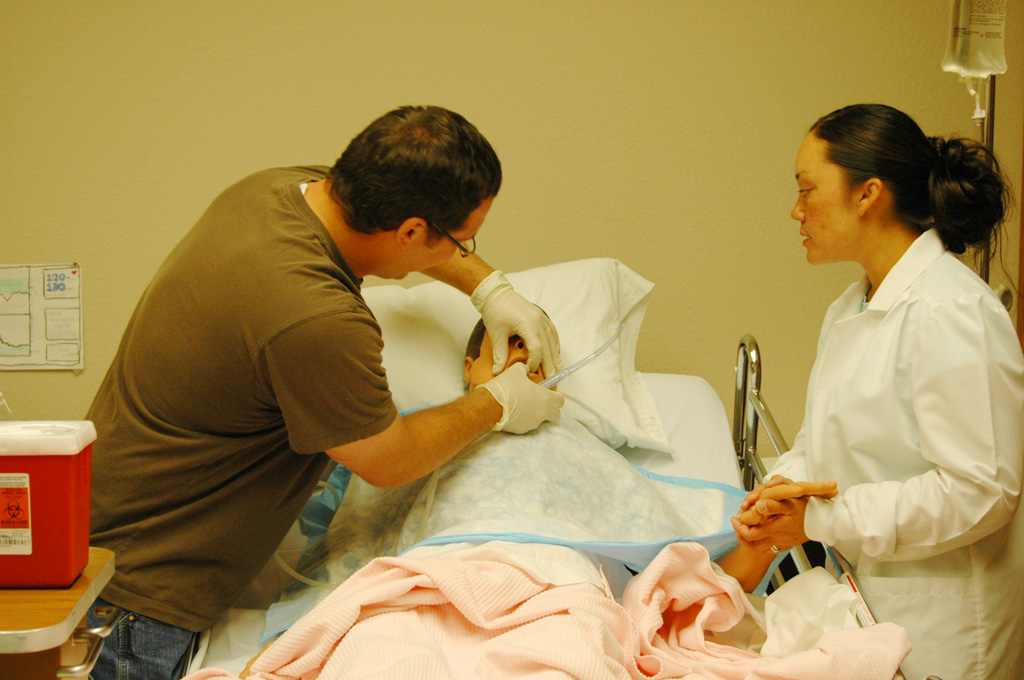For the first time since the post-pandemic surge in 2021, the number of students accepting places on nursing degrees in England has increased. The latest data shows 18,640 students have accepted nursing places this year, a modest 1% rise compared to 2024.
The uptick is primarily driven by younger applicants, with 11,530 students under age 25 accepting places—a 6% increase from last year’s 10,850. Midwifery acceptances have also risen by 3% to 3,390 students.
The current numbers remain far below the pandemic-era peak when nursing saw unprecedented interest. In 2020, acceptances jumped 25% to 22,490, followed by another 4% rise to 23,490 in 2021, compared to 17,950 in 2019. Since then, numbers steadily declined until this year’s small rebound.
Health and Social Care Secretary Wes Streeting has linked the upturn to new government initiatives, particularly the Graduate Guarantee introduced in August. This program helps newly qualified nurses secure jobs by allowing NHS providers to recruit based on projected needs rather than waiting for formal vacancies.
“Nurses are the beating heart of the NHS and will be at the forefront of our mission to build a health service fit for the future,” Streeting said. “Our new Graduate Guarantee will break down barriers and create thousands of job opportunities across the country.”
The increase comes at a critical time for the health service. The NHS currently has approximately 31,774 unfilled nursing posts in England, creating significant staffing pressures. According to Royal College of Nursing analysis, the NHS could be about 10,000 nurses behind its Long Term Workforce Plan targets by 2025 if current trends continue.
Duncan Burton, Chief Nursing Officer for England, welcomed the latest figures and highlighted the career’s benefits: “Nursing is a fantastic career with opportunities for growth and lifelong learning. It’s great to see so many younger recruits, and we’re also doing more to help mature students join the profession.”
Similar Posts
The NHS 10 Year Health Plan includes 2,000 additional nursing degree apprenticeships aimed at widening access to nursing careers, particularly for mature students who might find traditional university routes challenging.
Student Oluwafadekemi Dorcas Ojo, currently in her second year studying mental health nursing, says it was the kindness shown during her early work experience that drew her to the profession. “Nursing is about more than treatment—it’s about truly seeing and supporting people.”
However, financial pressures continue to affect student recruitment and retention. Since the nursing bursary was removed in 2017, students must pay university fees of over £9,000 per year.
The Royal College of Nursing has calculated that approximately 21% of nursing students drop out of their courses, projecting that around 32,225 student nurses could quit by 2029 without significant changes to financial support.
The nursing profession faces multiple challenges: record-low applications, high student attrition rates, and significant vacancy numbers. The RCN has called for loan forgiveness for students who commit to NHS service and universal maintenance grants to ease financial burdens.
Despite these challenges, this year’s modest uptick in acceptances offers a glimmer of hope for a profession working to rebuild its pipeline. NHS England continues to encourage potential students to consider nursing, noting that clearing places remain available for those interested in starting their training this academic year.



















